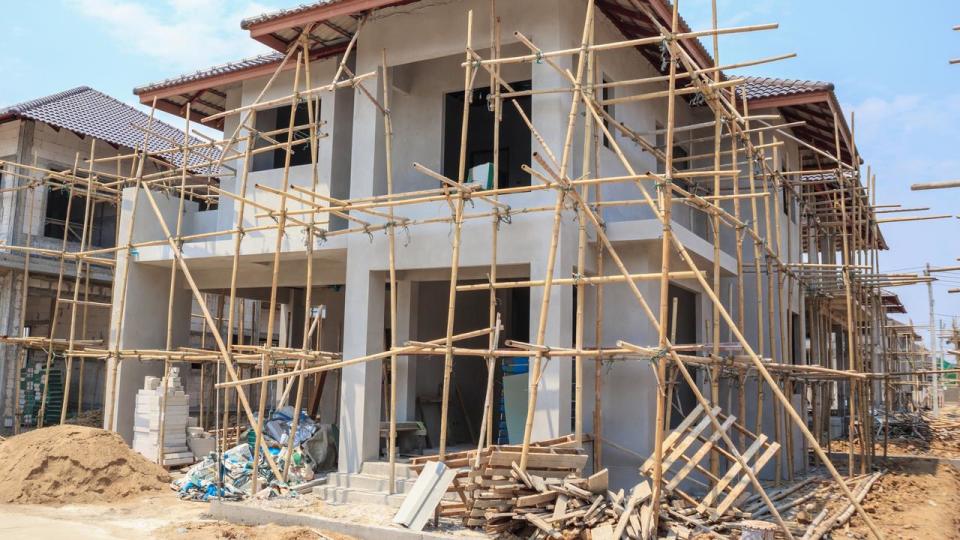‘Soul destroying’: Jobs lost in firm collapse

A 50-year-old construction company that accrued $20m of debt in the past two months has gone into administration.
Company directors of Property Coordination (Australia) made the “soul destroying” decision to relinquish control and appoint RSM Australia Partners as voluntary administrators on Tuesday.
RSM Australia Partners administrator Jonathon Colbran said even though the company had a $90m pipeline of future work, they did not have enough funds to continue operating.
“Despite injecting a significant amount of their own personal money into the company, the directors advised me that losses incurred from fixed price contracts combined with escalating subcontractor, supplier and operating costs had negatively impacted the company
financially,’’ he said.

Project Coordination (Australia) had been operating in Canberra and Wollongong for the past five decades.
On Tuesday, about 55 staff members were informed they had been made redundant, many of whom had been with the company for more than 15 years.
Property Coordination chairman Paul Murphy and managing director Gavin Murphy said in a statement that they agonised over the decision.
“Despite seeing other construction companies collapse around us over the past year, we never thought we would be one of them,” they said in a statement.
“We thought we had the means, forward order book, capability and industry goodwill to get through this.”
The company had $120m worth of projects in the field and another $90m ready to start, but the directors could not secure external investment.
“The economic and regulatory environment that building companies are working in now is more challenging than any other I’ve experienced in the past 50 years – worse than the recessions in the 1980s and 1990s and the Global Financial Crisis in 2007-08,” Mr Murphy said.
“Nothing has been as bad as this.’’
Project Coordination (Australia) is the latest company in a series of building and construction company insolvencies.
The Australian Bureau of Statistics reported the construction industry lost $5.4bn in 2022.
In recent years, the industry has continually faced increased costs, skilled worker shortages and productivity issues.

 Yahoo Finance
Yahoo Finance 